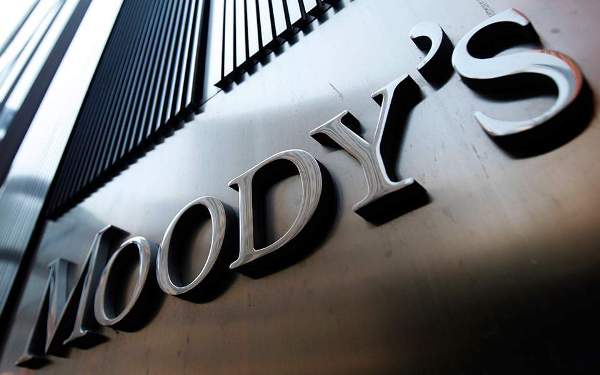The Moody’s Investor Service has termed the no confidence motion against Prime Minister Imran Khan as credit negative. The country currently has a B3 Stable rating.
The credit rating agency expressed concern that it would act as a hurdle in the smooth reform process the country is undergoing.
“We view the no-confidence motion as credit negative because it raises significant uncertainty over policy continuity, as well as the government’s ability to continue to implement reforms to increase productivity growth and secure external financing, including from the International Monetary Fund (IMF),” said a statement.
The statement adds, “The motion comes at a time when Pakistan is encumbered with surging inflation and widening current account deficits amid rising global commodity prices. A further deterioration in its external position, including a significant widening of the current account deficit and an erosion of foreign-exchange reserves, would threaten the government’s external repayment capacity and heighten liquidity risks.”
Moreover, the statement explains the impact of the Russia Ukraine conflict on Pakistan amidst an inflationary global commodity price environment.
“The Russia-Ukraine military conflict, which has driven up global commodity prices, has amplified pressure on its external position. The country is a net oil importer, with petroleum and related products accounting for about 20 per cent of total imports.”
Moody’s expects the deficit to widen to 5-6% of the GDP in fiscal 2022 compared to their previous forecast 4 per cent. “This further widening will put greater pressure on Pakistan’s foreign reserves, which declined to $14.9 billion as of February 2022 from $18.9 billion in July 2021, according to IMF data, sufficient to cover only around two months of imports,” it adds.
Moody’s casts doubt over the continuation of the IMF program amidst uncertainty especially considering the need for securing external financing to continue to meet external obligations in light of pressures on foreign exchange reserves.
“The no-confidence motion raises significant uncertainty over the government’s capacity to commit to implementing reforms, particularly those aimed at broadening the revenue base. How Pakistan will approach the IMF program from this point on is uncertain, and its participation could be in doubt.”
Moody’s however does not see the no confidence vote result in better economic stability. The statement adds, “Regardless of the outcome of the no-confidence vote, the ruling party will find it difficult to balance advancing revenue-raising reforms to secure external financing and political pressure from voters facing rising living costs.”
On 28 March, opposition parties in Pakistan tabled a no-confidence motion in the government accusing Prime Minister Imran Khan of mismanaging the economy, and claimed that the ruling coalition no longer has a parliamentary majority. Voting is likely to take place on 4 April.
Khan’s ruling Pakistan Tehreek-e-Insaf party officially controls 155 seats out of 342 in the National Assembly (lower house of parliament), and has a majority of 179 once allied regional parties are included. However, reported defections have put that majority in doubt.
Pakistan is undergoing its seventh review under the IMF’s Extended Fund Facility program, which has disbursed $3 billion out of the stipulated $6 billion to date. However, discussions between Pakistan and the IMF appear to have stalled since early March, with the IMF expressing concerns over the government’s recent relief package in response to rising inflation.
In January, Moody’s Investor Service termed IMF’s successful disbursement as credit positive.
























